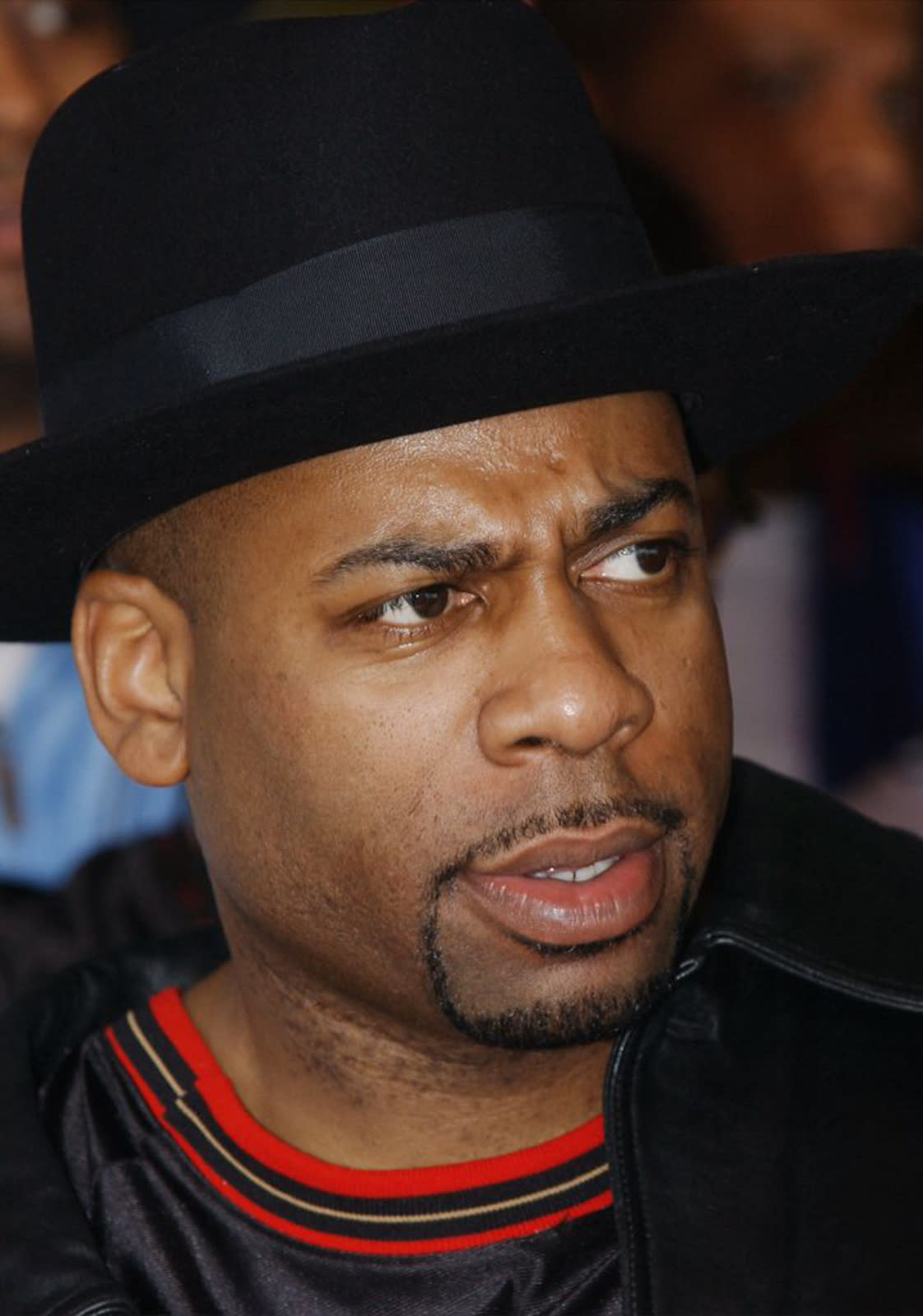Jam Master Jay murder trial to start Monday in Brooklyn with jury selection

More than two decades after assassins burst into Jam Master Jay’s Queens music studio and shot him in the head, two of the Run-DMC founder’s alleged killers will finally stand trial for murder.
Jury selection starts Monday for the Brooklyn Federal Court trial of Karl Jordan Jr. and Ronald “Tinard” Washington — a day after what would have been the hip-hop DJ’s 59th birthday. Opening arguments are slated for Jan. 29.
The mystery of Jason Mizell’s 2002 murder frustrated his family and the New York hip-hop community — with some wondering if the killing involved Mizell’s closest friends.
On Oct. 30, 2002, Mizell was shot point-blank in the head with a .40-caliber gun and another man was shot in the leg by two gunmen who were buzzed into his second-floor Merrick Blvd. music studio in Queens.
“It’s been a long time,” said Mizell’s cousin, Doc Thompson. “It’s just been too long, and I just hope we get the facts together.”
In 2020, the arrests of Jordan and Washington brought some answers — federal prosecutors say Mizell was dealing drugs and had cut the duo out of a 10-kilogram cocaine deal.
But the arrests led to more frustration — the trial was delayed for nearly a year to handle a late request for an anonymous jury. In the interim, prosecutors indicted a third suspect, Jay Bryant, who the feds say took part in the killing and bragged about pulling the trigger, even though they believe Jordan was the actual shooter.
Bryant’s case has been severed from the others, with a second trial set for 2026. But his role in the shooting could factor into Jordan and Washington’s defense if they try to point the finger at him.
And Washington pointed the finger at his co-defendant Jordan and his father, Darren Jordan, in a 2021 Playboy interview, telling the magazine, “I’m positive it was Little D (Karl Jordan). I looked him right in his face before he ran off. … Little D told me, ‘My pops wasn’t supposed to shoot Jay. That wasn’t supposed to happen.'”
Federal prosecutors haven’t fully tipped their hand to the public on what to expect out of the four-week trial, or whether any of the four witnesses inside the studio — ex-con Randy Allen and his sister Lydia High; local resident Uriel Rincon and aspiring rapper Michael “Mike B.” Bonds – will testify about what they saw.
Rincon, who was shot in the leg, broke his silence in 2007 to tell the New York Daily News that Mizell was carrying a gun that night, but he trusted his killer enough to never reach for the weapon. He said at the time he never saw the shooter’s face.
Thompson, Mizell’s cousin, slammed those witnesses for keeping quiet all these years.
“These are weak individuals, let’s be honest, individuals that my cousin looked out for. And they weren’t really his friends at the end,” he said.
Court filings show that the feds plan to introduce evidence showing both men had access to .40-caliber guns, and that Jordan had asked Mizell to “put him on” and involve him in his drug-trafficking operation.
They also expect to introduce witness testimony that a .40-caliber gun Jordan normally stashed in a van in Queens went missing around the time of Mizell’s murder.
Several months after the killing, Jordan shot Mizell’s nephew in the leg with a .40-caliber gun, purportedly because the nephew accused him of the music icon’s murder in a rap song, prosecutors said in an October 2022 filing.
Another witness is expected to testify that Jordan threatened to kill him just like he did to Mizell, prosecutors said.
One thing the jury likely won’t be hearing: a 2011 song from Jordan’s rap group “Rich Fly Gee$,” titled “Aim 4 Da Head.”
Judge LaShann DeArcy Hall said during a 2020 bail hearing for Jordan that violent rap lyrics are encouraged by music executives, and she wouldn’t “penalize any individual for participating in that artistic form.”
“I’m not going to hold any individual accountable for the lyrics in a rap song that is consumed by our community; and in fact, it’s consumed by me,” she said.
At a status conference Wednesday, she echoed those statements when Assistant U.S. Attorney Artie McConnell raised the specter of song lyrics in his bid to get an interview video admitted into evidence.
“You know what the answer’s going to be?” she asked, adding that she plans to put her position on music lyrics into a written opinion before the trial.
“Surprise, surprise, I think it’s important that I want to write about it,” the judge said.
_____


